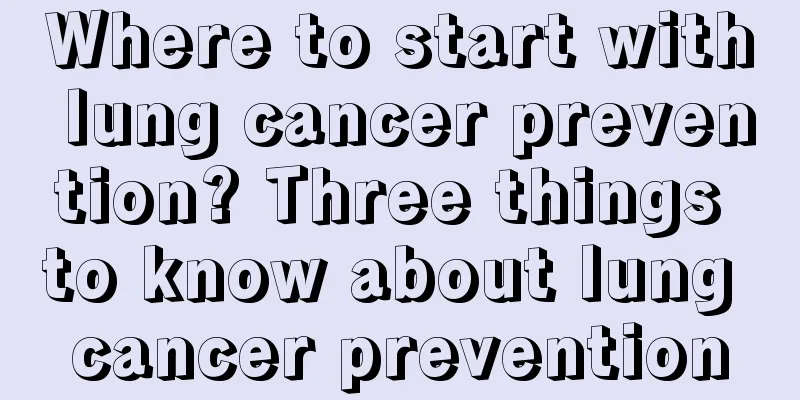Ultraviolet rays – the “black hand” behind skin cancer!

|
Too much sun exposure can lead to malignant skin cancer According to a report released by the World Health Organization, up to 60,000 people die each year from excessive sun exposure, mainly from malignant skin cancer. The researchers found that 48,000 people die each year from malignant melanoma and 12,000 from other skin cancers. About 90 percent of these skin cancers are caused by ultraviolet radiation from the sun. Solar radiation also causes severe sunburn, skin aging, cataracts, pterygium (an abnormal mass of tissue that grows from the conjunctiva at the inner corner of the eye and causes vision problems when it grows onto the cornea), cold sores, and other ailments. The report is the first to document in detail the global effects of solar radiation. "We all need sunlight in moderation, but too much can be dangerous and even deadly," the World Health Organization said in a statement. "Fortunately, diseases caused by UV rays, such as malignant melanoma, some other skin cancers and cataracts, are almost entirely preventable with simple protective measures." Ultraviolet rays may cause cancer Humans need ultraviolet radiation to activate vitamin D produced in the human body to prevent rickets, osteomalacia and osteoporosis. But ultraviolet rays may also cause some cancers and immune system diseases. The report recommends that people try to find shade, use sunscreen with a sun protection factor of at least 15, and do not participate in organizations that tan the skin. Using sunscreen does not mean that you can prolong your exposure to the sun, but you can use it to protect your skin when you have to be exposed to the sun. The report also notes that snow, sand and sea foam can reflect UV rays, and diluting ozone can filter out UV rays bit by bit. Humans cannot see or feel UV radiation. The time of day, latitude and cloud cover can all affect the amount of UV radiation reaching the ground. "An individual's skin type also matters. People with lighter skin tan more easily than people with darker skin," WHO officials said in a statement. The statement also detailed the harmful effects of excessive sunlight radiation around the world, particularly the increase in cataracts in Africa, Latin America, the Middle East and Southeast Asia. |
>>: What tests are needed to confirm nasopharyngeal carcinoma
Recommend
Can people with bad stomach eat lychees?
We know that many foods are irritating to the gas...
The reason why hair becomes itchy if you don’t wash it for two days
Some people's hair will itch severely if they...
How to prevent glasses from fogging up
People who wear glasses must have had this experi...
What to do if thyroid cancer is diagnosed
If a patient is found to have thyroid cancer duri...
What's going on with the pain on the left side of my brain?
Headache is a common disease. Although this disea...
How to remove musty smell from clothes
The musty smell is a result of a humid environmen...
Can honey and fermented glutinous rice be eaten together?
Eating is something we have to do every day. Ther...
What to do if gastric cancer metastasizes to the liver? You can use these treatments
Gastric cancer is a very harmful disease. Some ga...
How much does radiotherapy for uterine cancer cost?
Uterine cancer is treated with surgery, radiother...
What tea is the fastest diuretic
Urinating is a very important thing for the human...
Can lotus leaf tea reduce the effects of medicine?
Tea is a healthy drink, and traditional Chinese m...
Diet after bladder cancer surgery
What should we pay attention to in diet after bla...
Other teeth ache after tooth extraction
It doesn't hurt when you have a tooth pulled ...
What are the complications of advanced cervical cancer?
There are often no obvious symptoms in the early ...
What causes space-occupying lesions in the right upper lobe of the lung?
Speaking of space-occupying lesions in the right ...









